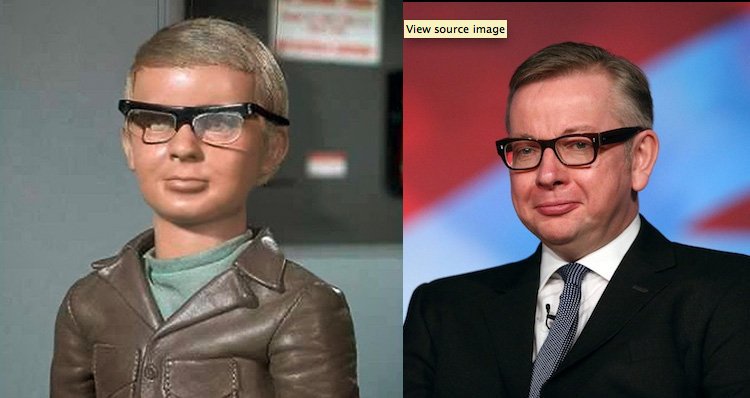The Political Journey and Influence of Michael Gove

Introduction
Michael Gove, a prominent figure in British politics, has consistently played a significant role in shaping policy, particularly in education and local government. His influence extends beyond mere political rhetoric; his decisions have profound implications for the UK’s educational framework and the implications of governmental reform. In light of new challenges facing both the government and the education sector, Gove’s contributions warrant a closer examination.
Key Political Roles and Initiatives
Serving as the Secretary of State for Education from 2010 to 2014, Gove introduced sweeping reforms aimed at improving educational standards across England. His initiatives included the introduction of free schools and academies, designed to offer greater autonomy and innovation to educational institutions. Research indicates that, while controversial, these reforms have aimed to raise educational standards in areas previously lacking in effective governance.
Recently, Gove has returned to a position of prominence as the Minister for Levelling Up, Housing and Communities. In this role, he has been tasked with tackling regional inequalities across the United Kingdom. His approach involves a commitment to improving infrastructure and housing, ultimately aiming to ensure parity in opportunities across the regions. As part of the government’s efforts in response to the COVID-19 pandemic, Gove has pushed for significant investments in local communities to ensure they can recover and thrive.
Current Challenges and Future Prospects
In a time marked by increasing political division and urgent socio-economic challenges, Gove’s ability to navigate complex political landscapes is under scrutiny. Current polls indicate a shift in public opinion regarding the effectiveness of government reforms, particularly in education and community investment. With economic recovery on the agenda, Gove’s steady hand in policy-making will be critical in rebuilding public trust and expectations.
Moreover, as the UK faces pressing issues such as the ongoing cost of living crisis and housing shortages, Gove’s initiatives in housing and local governance are closely monitored by both supporters and critics alike. His past achievements and future strategies will inevitably shape discussions surrounding the Conservative Party’s image and governance philosophy.
Conclusion
Michael Gove continues to be a resonate figure in UK politics, known for his controversial yet impactful initiatives. His policies in education and current efforts to address regional disparities reveal a commitment to transformative governance. As the political landscape evolves, the effectiveness of Gove’s policies will be vital in addressing current crises and setting the trajectory for the future of British society. Observers and citizens alike will closely track Gove’s contributions to ensure the obligations of leadership are met with accountability and dedication to the public’s needs.









